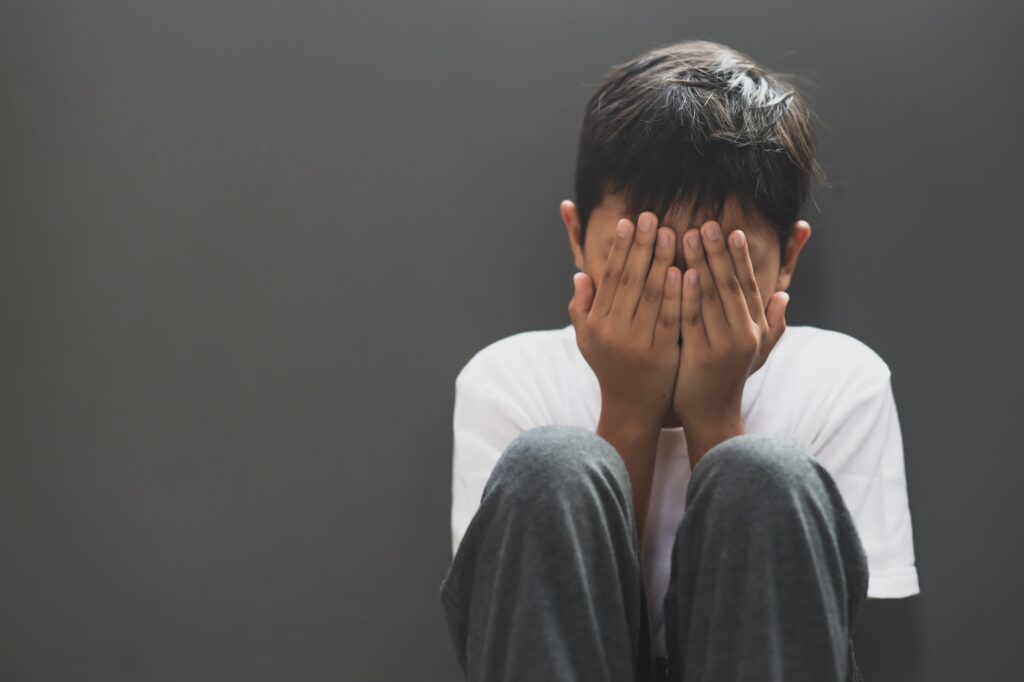Introduction
I have been following the situation along the United States’ southern border for years, and I am compelled to note that the subject of immigration here remains as charged as ever. A recent revelation has underscored just how delicate and crucial this issue can be. A whistleblower from the border enforcement agency has come forward, claiming that the current system is not providing adequate support to migrant children, many of whom arrive unaccompanied and completely vulnerable. In my view, this is a heartbreaking development that demands our urgent attention.
Key Takeaways
- Systemic Resource Shortages: The whistleblower highlights a critical lack of funding and trained staff for migrant children’s basic needs.
- Overcrowded Facilities: Insufficient space and substandard conditions undermine health, safety, and emotional well-being.
- Need for Specialized Professionals: The absence of social workers, pediatricians, and counselors leaves children vulnerable and uncared for.
- Humanitarian Imperative: The allegations raise urgent moral questions about a society’s duty to protect its most defenseless members.
The Heart of the Whistleblower’s Claims
According to the whistleblower’s statements, the problems run deep. There appears to be a severe lack of resources, coupled with insufficiently trained personnel to assist these children effectively. This shortage creates a cascade of issues, from overcrowded facilities to limited access to healthcare and basic sanitation. It is my personal belief that any society purporting to uphold human rights standards should view such shortcomings as unacceptable. After all, children are among the most defenseless members of any population, and if they cannot rely on a robust system to safeguard their fundamental rights, then the moral and practical foundation of that system must be called into question.
Strain on Existing Facilities
In my estimation, one of the primary reasons these issues have escalated is the mounting pressure on border facilities. These establishments were never meant to handle such a sustained influx of young migrants, particularly those traveling without adult guardians. When overcrowded conditions combine with insufficient educational, medical, and psychological support, the result is a breeding ground for neglect. Children may be forced to wait extended periods under harsh conditions, often lacking nutritious meals or opportunities for outdoor recreation. For me, this scenario is reminiscent of a crisis that is not being labeled as such, even though the evidence suggests otherwise.
Lack of Specialized Personnel
One area in which I see a glaring deficiency is the presence of specialized child welfare professionals. Based on the whistleblower’s account, border staff are frequently overwhelmed by basic administrative tasks, leaving little room for dedicated, one-on-one attention to the youngest migrants. Social workers, pediatricians, counselors—these are the roles that, from my perspective, should be prioritized in any facility tasked with caring for unaccompanied minors. When these roles are underfunded or nonexistent, the well-being of the children inevitably suffers.
Emotional Toll and Humanitarian Concerns
I am forced to note that, beyond the obvious logistical challenges, the emotional toll on migrant children can be devastating. Separation from family, uncertainty about the future, and the trauma of long, often perilous journeys can leave lasting psychological scars. When the whistleblower points out systemic failings, it underscores a deeper moral question: Are we, as a society, truly living up to our values if we cannot guarantee the safety and dignity of children?
The very fact that a border agent—a figure with firsthand experience of daily operations—felt compelled to speak out suggests that the standard protocols in place are falling short. It is my opinion that a solution to this crisis must be both immediate and compassionate. We are dealing with human lives here, not mere statistics, and children deserve the utmost protection.
Possibilities for Reform
In my view, the first step to reform must involve a transparent investigation into the whistleblower’s allegations. If they prove credible, immediate action should be taken to allocate more resources, enhance staff training, and introduce specialized child welfare teams on site. Technology could also play a role, ensuring a better tracking system for cases and clearer oversight regarding how long children stay in custody and under what conditions.
Equally crucial, in my opinion, is the role of broader community engagement. Nonprofit organizations, local volunteer networks, and advocacy groups can collaborate with government agencies to create child-friendly spaces. Once the public is more aware of the realities and can see tangible ways to help, there is a better chance that these children’s voices will not be lost in bureaucratic shuffle.
Conclusion
I believe that the whistleblower’s revelations serve as a moral litmus test for how the United States—and, in a broader sense, all countries with significant immigration challenges—treats the most vulnerable among us. If the claims are accurate, reforms are desperately needed to ensure that no child falls through the cracks. While policy discussions and political debates continue, the children themselves remain in precarious circumstances, relying on the immediate mercy of the system. For me, nothing is more urgent or more telling of a society’s character than how it cares for those who cannot care for themselves.










